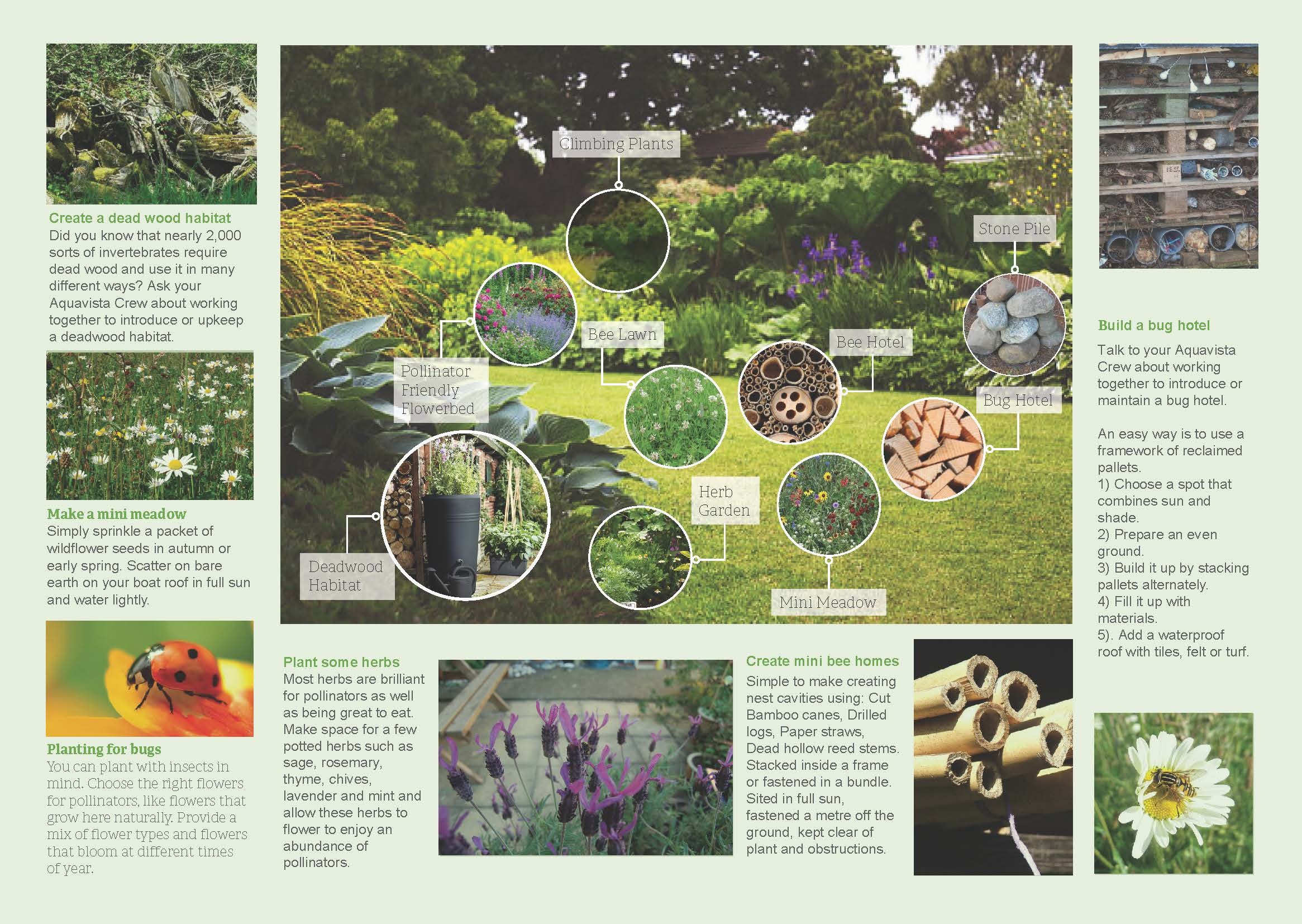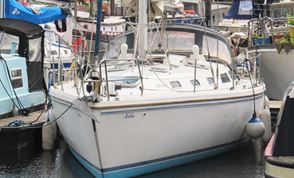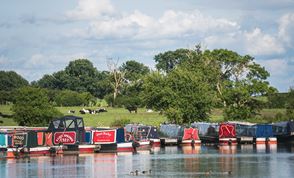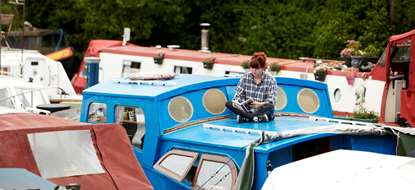Help support the winter habitat of our bugs
Quick ways to create a vital refuge for our invertebrate friends
Britain is a nation of gardeners, yet our inserts are losing their habitat to urbanisation and agriculture. But you can help!
It doesn’t take a lot to make your little plot of green a vital refuge for our invertebrate friends. Think of your space as a pit stop for insects.
Pockets of the right plant life can be used by insects as they navigate our built environments. The good news is that gardening for insects is one of those activities in which less really is more.
Here’s an outline of the things you can do to help - especially this winter. All can be done without any special skills and none of them will take much time or effort.
- Create winter shelter by not cutting down and tidying up old plants
- Sow wildflower seeds now in pots, which will be pollinator food next summer
- Take a final chance to plant spring-flowering bulbs – perfect early pollinator food
- Plant herbs – they smell great, are handy for cooking and are ideal pollinator food throughout 2021
- Make or buy small solitary bee homes ready for Spring
Other things to consider ...
If you have insect invaders:
• If they’re not causing any harm, leave them alone. It will save a lot of invertebrate lives as well as time and money!
• Let nature take care of pest problems. A predator species will do the work for you.
– Aphid-munching ladybirds and lacewings,
– Slug-hunting predators,
– Worker wasps are great hunters of caterpillars,
– Solitary wasps are predators of various insects.
• Strongly-scented plants like Marigolds, Sage or Lavender near vegetables/flowers can deter insects. Smelly nasturtiums also keeps butterflies away from cabbages.
• Create a polythene barrier around carrots to keep out the carrot fly and slugs.
• A teaspoon of washing up liquid in a gallon of water is enough to wash off insects.
Caring for the environment ...
Reduce your impact on the environment and wildlife:
• Cut down on your water use.
– Water plants in evening when less moisture will evaporate,
– Use ‘grey water’ from washing up to water potted plants,
• Choose native plants. Non-native or invasive species out-compete bug-friendly plants.
• Recycle pots, bricks, stones, wood, chippings and clippings, turn them into bug habitats.
• Ditch the peat. Peat is harvested unsustainably and deprives insects of habitat.












